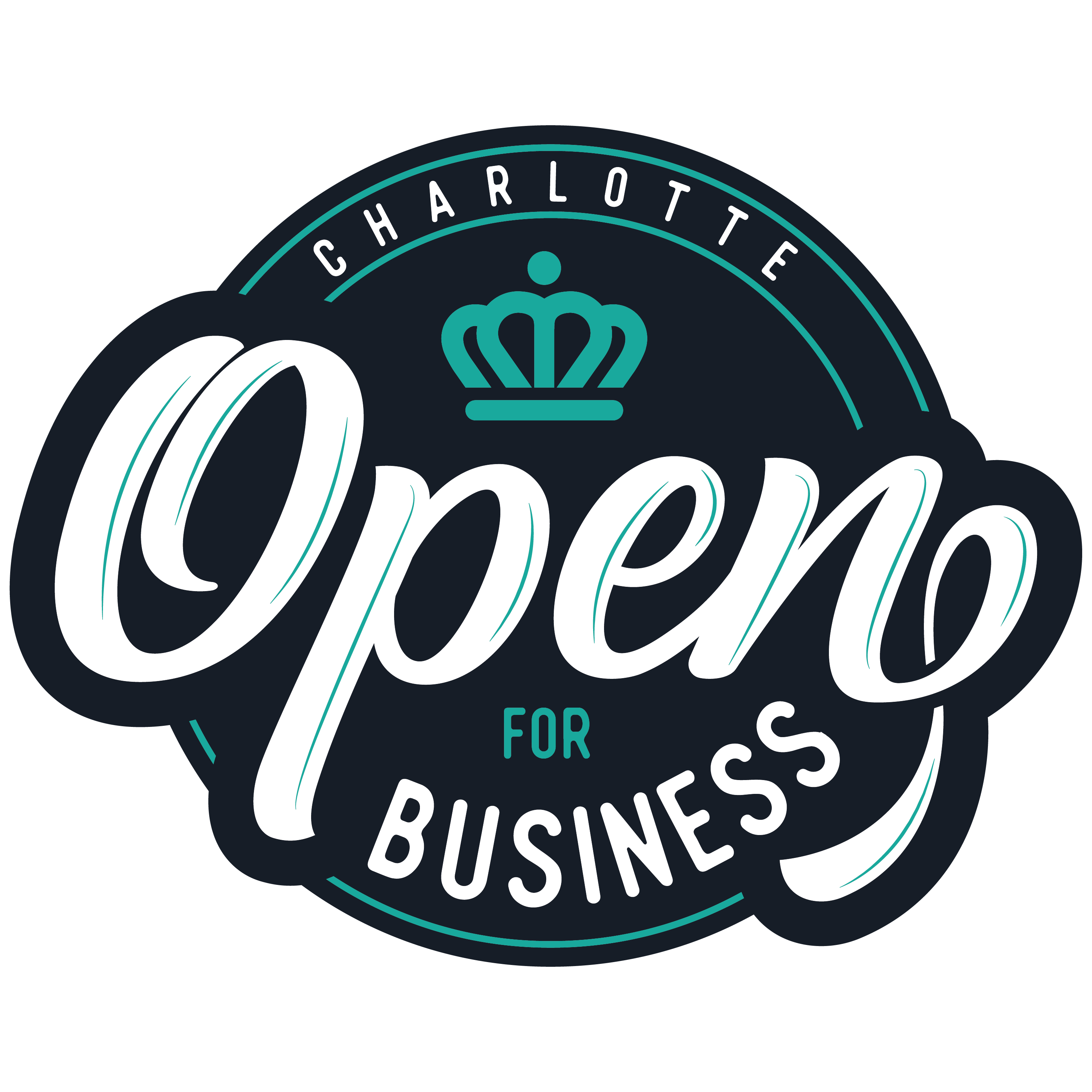The selected firms will use HEC-HMS, HEC-RAS, SWMM, and/or a hydraulic grade line closed system computer model, or an approved alternative method. All methods will be in accordance with the Charlotte-Mecklenburg Storm Water Design Manual. The City’s then current AutoCAD standards will be used for production of all plans and profiles.
Work will be issued via written Task Orders, which will specify the requirements of the various projects. Multiple Task Orders may be issued for each project. Multiple task orders may be issued at once. The City of Charlotte reserves the right, upon successful completion of a given Task Order, to issue subsequent Task Orders to the same or a different Company.
The below list provides a general list of the tasks required. This is not intended to be all-inclusive, nor is it guaranteed that all of the below tasks will be utilized. A more defined Scope of Work will be developed during negotiation with the selected company.
The selected Firm(s) will provide materials testing and special inspection services (“Services”) for various federal and nonfederal funded projects initiated by Charlotte Douglas International Airport (“CLT”) via an on-call basis. CLT will assign Services to the Firm through individual Task Order Documents.
Firms shall conduct general materials testing tasks in accordance with industry accepted standards and practices as well as the requirements of CLT, the Federal Aviation Administration, North Carolina Department of Transportation and City of Charlotte standards. Examples of Federal Aviation Administration standards include but are not limited to P-401/403 (Asphalt) and P-501 (Concrete). Materials testing will be to independently verify site/material conditions to allow work to proceed with confidence. Materials testing services may also include construction observation, report writing and quantity measurements.
Charlotte Water will be requesting submittals from qualified firms interested in providing miscellaneous geotechnical and environmental services on an as-needed basis. Charlotte Water’s Engineering division frequently manages projects that benefit from the use of on-call geotechnical and/or environmental testing and/or evaluation services during the design or construction stages. Firms will have to indicate whether they would like to be considered for miscellaneous Geotechnical Services, Environmental Services or both.
This opportunity has been cancelled as of 1/18/2024.
The City anticipates selecting one (1) or more firms to provide these services on a task order basis for several pond and dam rehabilitation/ stormwater control measure (SCM) projects. This will include initial feasibility studies, planning and design fir projects that are not specified at this time. Additional tasks will include evaluation and repair design of existing municipal SCM projects. These projects are anticipated to start scoping upon contract award.
The following is a general description of the Scopes of Service included in this RFQ. The selected firms will use HEC-HMS, HEC-RAS, SWMM, and/or a hydraulic grade line closed system computer model, or an approved alternative method. All methods will be in accordance with the
Charlotte-Mecklenburg Storm Water Design Manual. The City’s then current AutoCAD standards will be used for production of all plans and profiles.
Work will be issued via written Task Orders, which will specify the requirements of the various projects. Multiple Task Orders may be issued for each project. Multiple task orders may be issued at once. The City of Charlotte reserves the right, upon successful completion of a given Task Order, to issue subsequent Task Orders to the same or a different Company.
The Center Lighting Vault Relocation Project will relocate the existing lighting vault, located at the Mid-Field area at CLT Airport to a new proposed location. The project will consist of site work, building work, site utilities, and airfield lighting circuitry.
The selected Final Design Engineer or Engineer of Record (EOR or Consultant) will produce construction documents to be issued for competitive bidding of one or multiple construction packages, followed by Conformed or Released for Construction Plans issued to the responsive or responsible bidder for Construction. The design and documents are to be based on preliminary design or bridging documents prepared by the Owner’s Master Civil Engineer (Aviation Consulting Engineers, LLC, or ACE). The preliminary design effort will include completion of the Design Geotechnical Subsurface Investigation, preliminary design plans to a 30% level of completion, pavement design, and preliminary surveys. Final Design surveys, including pavement tie-ins, etc. will be the responsibility of the Consultant.
Charlotte Water (CLTWater) will be soliciting Statements of Qualifications (SOQ) from qualified engineering firms(s) to provide On-Call Construction Administration & Inspection Services for miscellaneous projects. Task Orders will be issued against the contract for each project. Projects may be for water
or sewer projects and may focus on pipeline, lift stations, pump stations, water tanks, treatment plant work, vertical building construction or any combination thereof.
Pursuant to this Request for Qualifications (“RFQ”), Charlotte Douglas International Airport (“CLT” or “Airport”), which is owned and operated by the City of Charlotte, North Carolina, is seeking statement of qualifications (“SOQ”) from qualified and experienced firms (individually or collectively, the “Firm”) interested in providing Special Inspections and Material Testing Services for the Concourse A Expansion Phase II Project
The successful respondents shall provide geotechnical and material testing services for projects initiated by the Airport.
They shall conduct general material testing tasks in accordance with industry accepted standards and practices as well as the requirements of the airport, the Federal Aviation Administration, North Carolina Department of Transportation and City of Charlotte standards. Examples of Federal Aviation
Administration standards include but are not limited to P-401/403 (Asphalt) and P-501 (Concrete).
Materials testing will be to independently verify site/material conditions to allow work to proceed with confidence. Material Testing services may also include construction observation, report writing and quantity
measurements.
The following specification is for work on 2 crossings Sweden and Hebron Rd. CATS is looking to stabilize and level crossing tub panels that are pumping. This will involve 5 outbound panels at Sweden and 4 inbound panels at Hebron. CATS will require the contractor to pump a polyurethane stabilization foam that is specifically designed to fill under the crossing structures without causing lift by filling the void that was created from these tubs pumping.
Each crossing on the Blue Line has a soil consist of solid particles and the spaces (voids) between these particles. However, void spaces in soil has caused big problems for these road crossings. Under concentrated loads, crossing tubs can literally squeeze air and water from soil as traffic transverse over it. When this happens, the soil sinks and crossing tubs follow closely behind and begin to pump creating defects and damaging the tubs.
The contractor will simply drill strategically placed holes into each panel. Using a portable pump and flexible hoses, they will fill these holes with the mixture (polyurethane foam) Lifting the panel crossing using this method. The contractor will perform this work during a weekend or beginning at non-revenue hours. CATS requires the contractor to provide a work schedule that will show a timetable of beginning work to completion for both Sweden and Hebron Rd. Crossings.
829



